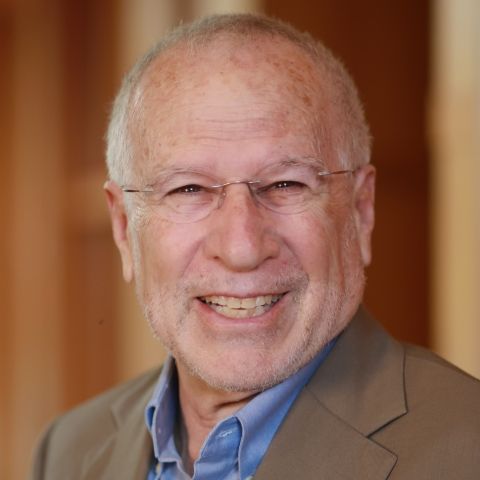
The distinction between speech and action lies at the foundation of any individualistic, self-expressive, or autonomy-based account of freedom of speech, and very possibly at the foundation of the very idea of free speech itself. But a close examination of the distinction reveals that the justification for treating speech differently from action, or, more precisely, for treating speech differently from non-speech action, is far less sound than is commonly supposed. In particular, neither the principle of autonomy nor the principle of freedom of thought can explain why speech or even thoughts whose consequences are equivalent to those of other actions are entitled to some special or differential immunity from state control. The absence of a sound justification for such differentiation casts doubt on both autonomy and freedom of thought justifications for a free speech principle, and may even, although less plainly, challenge the fundamental basis for any form of a free speech principle.